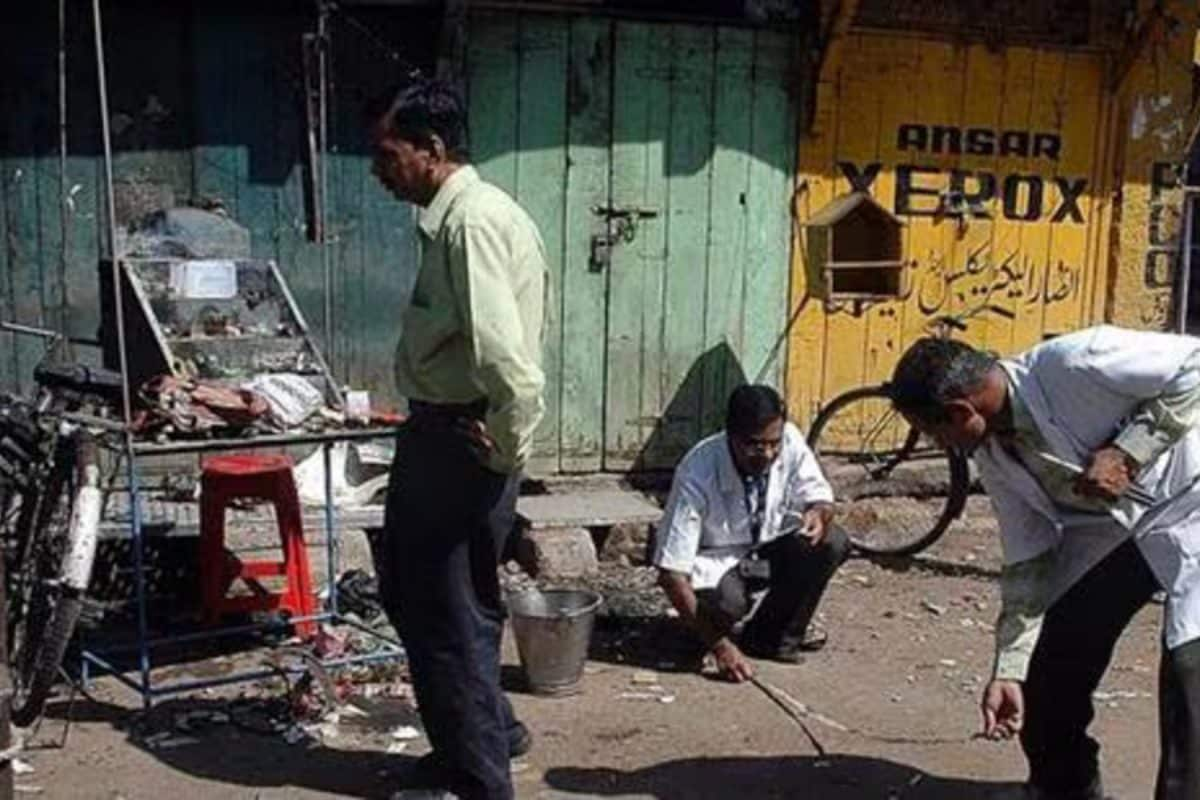

Following the acquittal of all seven accused in the 2008 Malegaon blast case by a special NIA court in Mumbai, Jamiat Ulema-e-Hind (JUH) has announced its intention to challenge the verdict in the Bombay High Court. The JUH's decision underscores the deep dissatisfaction and persistent questions surrounding the case, which has lingered for nearly two decades.
The special NIA court, presided over by Judge A.K. Lahoti, acquitted all seven accused, including former BJP MP Pragya Singh Thakur and Lieutenant Colonel Prasad Shrikant Purohit, citing a lack of concrete evidence linking them to the blast. The court also noted discrepancies in the prosecution's evidence and raised questions about the use of the Unlawful Activities (Prevention) Act (UAPA) in the case. The prosecution failed to conclusively prove that the motorcycle found at the blast site was connected to the accused or contained the explosive device. The judge stated that mere suspicion was not enough for conviction.
The 2008 Malegaon blast, which occurred on September 29, 2008, near the Bhikku Chowk mosque in Malegaon, Maharashtra, during the holy month of Ramadan, resulted in the death of six people and injuries to over 100. The incident occurred just before the Hindu festival of Navratri, further heightening communal tensions in the already sensitive town.
The JUH has a history of providing legal support to Muslims accused in terrorism cases. Maulana Arshad Madani, the President of Jamiat Ulema-e-Hind, has stated that top lawyers in the country would fight the case and approach the High Court against the NIA court’s decision.
Victims and families of the deceased have expressed disappointment with the verdict and have also announced their intention to challenge it in the Bombay High Court. Blast survivors and relatives feel that the court's decision has reopened emotional wounds and shaken their faith in the judicial system. One blast survivor, Ansari Ahmad, stated that despite the court acknowledging the loss of lives and awarding compensation, the verdict has deeply pained them. Another resident, Qayyum Qasmi, said that the judgment has weakened their trust in the court and that they plan to approach the High Court, the Supreme Court, and the Jamiat Ulema-e-Hind.
Several individuals and organizations have reacted to the NIA court's verdict. All India Majlis-e-Ittehadul Muslimeen president Asaduddin Owaisi expressed his disappointment, stating that the community in Malegaon was targeted for their religion and that a shoddy investigation led to the acquittal. Conversely, BJP leaders hailed the verdict, claiming it exposed the conspiracy of "Hindu terror". Shiv Sena MP Shrikant Shinde demanded an apology from Congress for falsely accusing Pragya Thakur and others.
The trial involved a massive case file of over one lakh pages, with the examination of 323 witnesses, 34 of whom turned hostile. The case was initially investigated by the Maharashtra Anti-Terrorism Squad (ATS), but the probe was transferred to the NIA in 2011. Questions have been raised regarding the neutrality and independence of the NIA during its investigation.
Maulana Hakeemuddin Qasmi, General Secretary of Jamiat Ulama-i-Hind, has strongly criticized the acquittal, calling it a shameful failure of India's investigative agencies. He said that these agencies have repeatedly failed to uncover the truth and ensure justice in serious cases like terrorism. Qasmi urged the government and judiciary to take the matter seriously and demanded action against officials who acted carelessly or with bias. He also stated that the families who suffered because of wrong investigations must be compensated.
The Jamiat Ulema-e-Hind's decision to challenge the NIA court's verdict in the Bombay High Court signifies the organization's commitment to seeking justice for the victims of the Malegaon blast and to addressing the questions that remain unanswered.